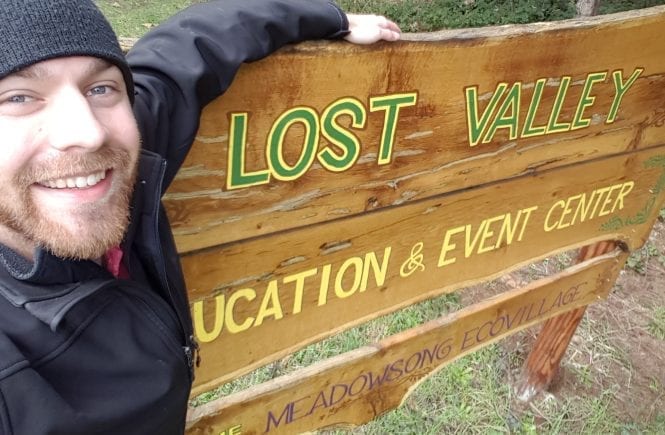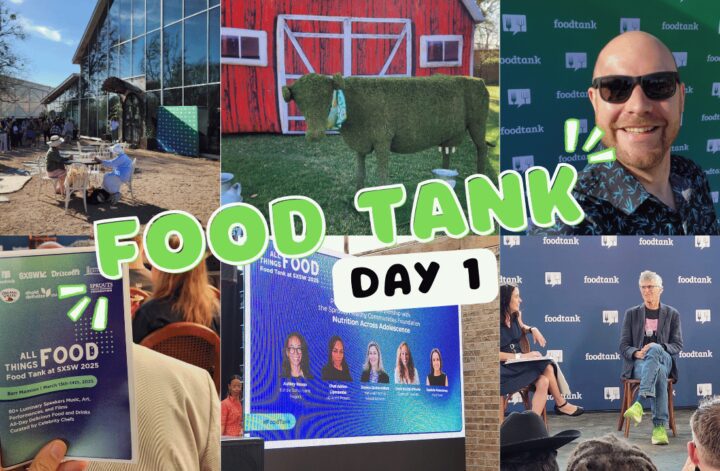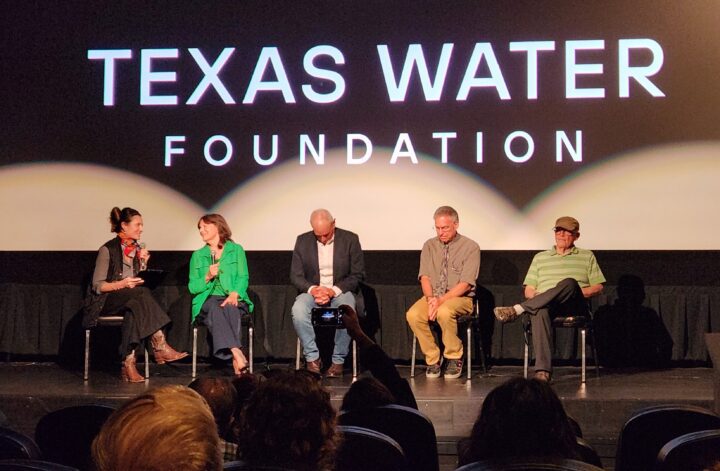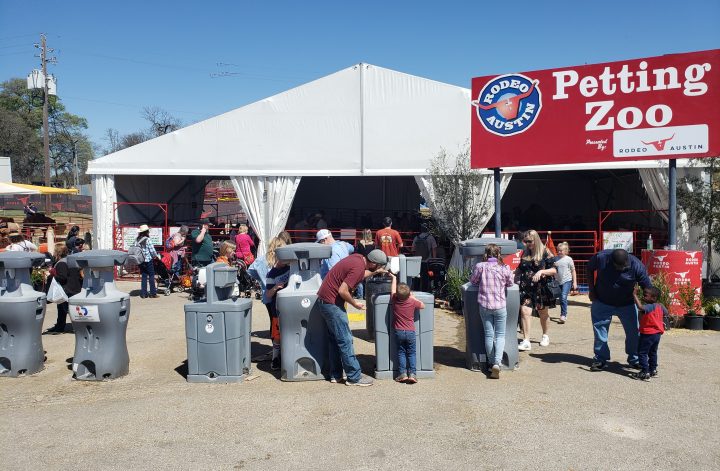In 2017, I traded concrete for cob, traffic for trees, and deadlines for dandelions. For 7 transformative months, I lived at Lost Valley Educational Center, an ecovillage and educational nonprofit tucked into the lush forest of Dexter, Oregon. I joined their Holistic Sustainability Semester—a unique 3-month, immersive, dual certification program in Permaculture Design and Ecovillage Living—and walked away with more than just certificates. I gained skills, connections, and a whole new lens on what community, sustainability, and “living on purpose” can actually look like.
People often ask me after I tell them my story, my sustainability journey: “So what was it like living in a hippie community?” This post is my attempt to answer that, with honesty, nostalgia, and from my current perspective shaped by this experience.
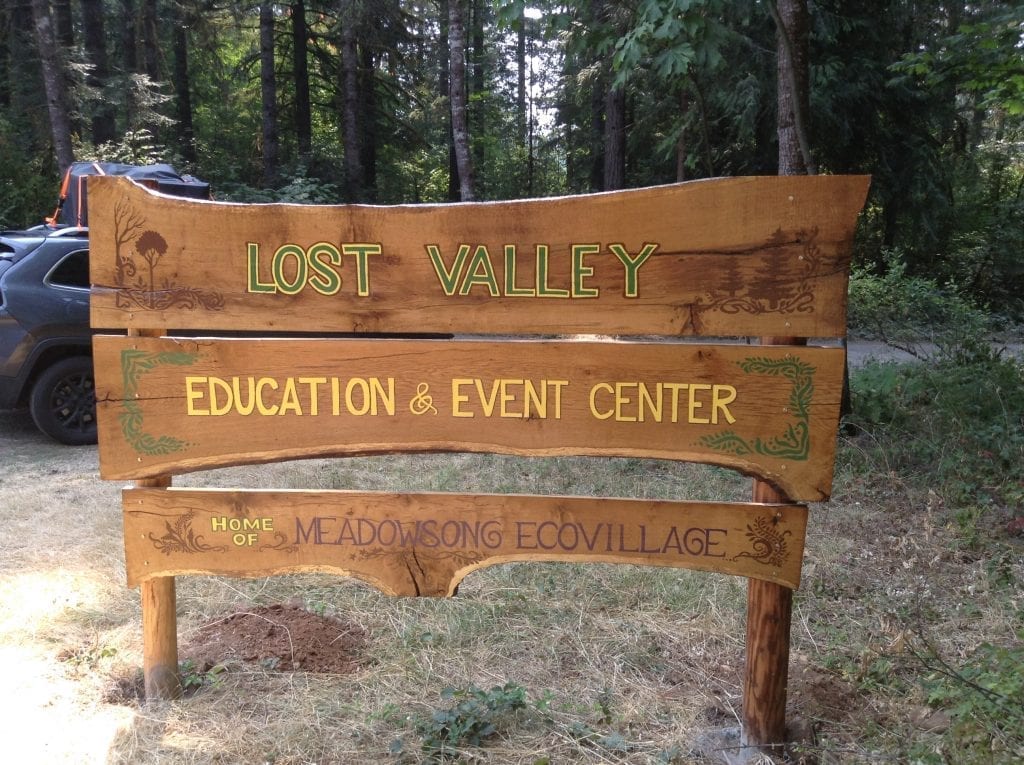
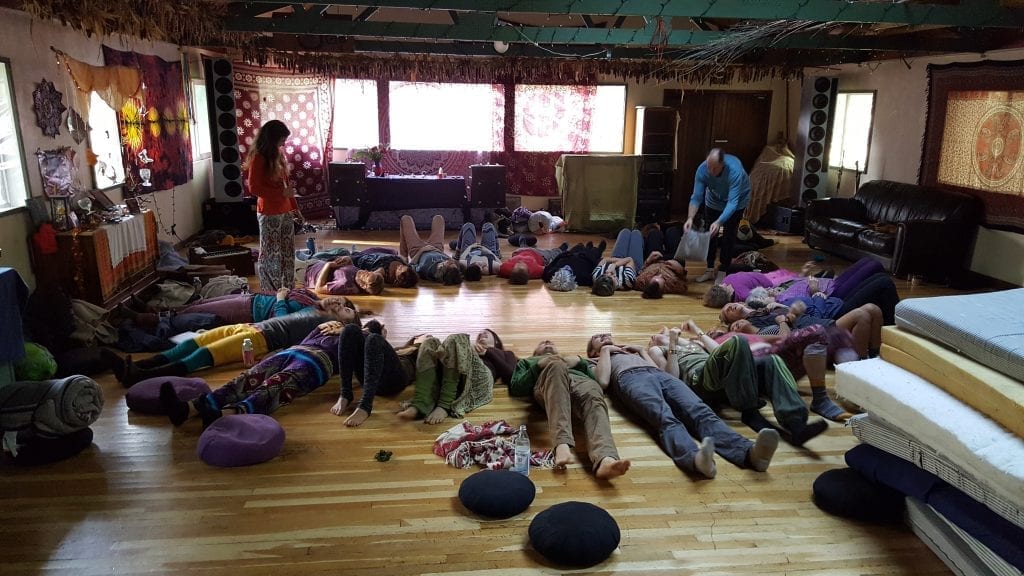
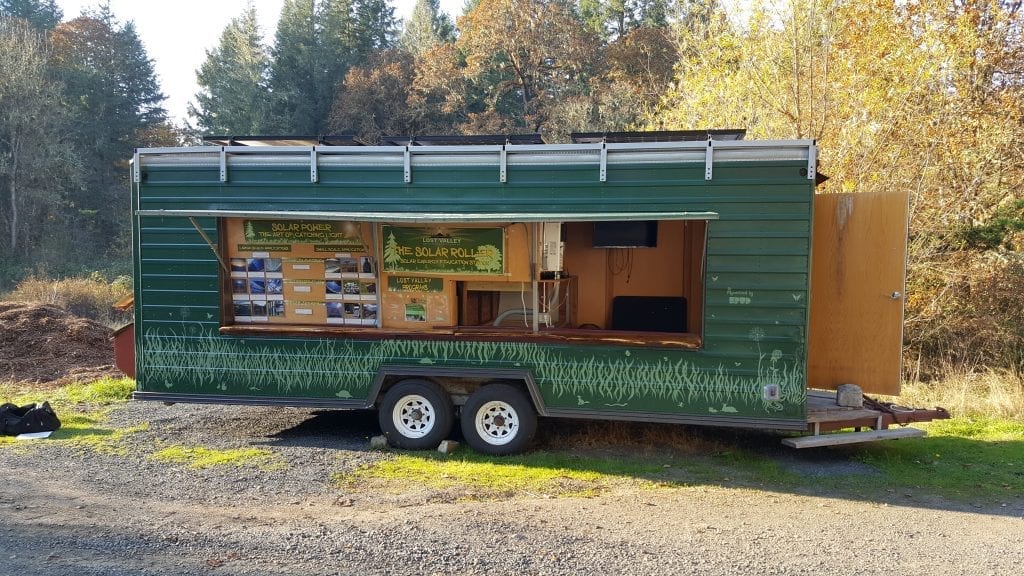
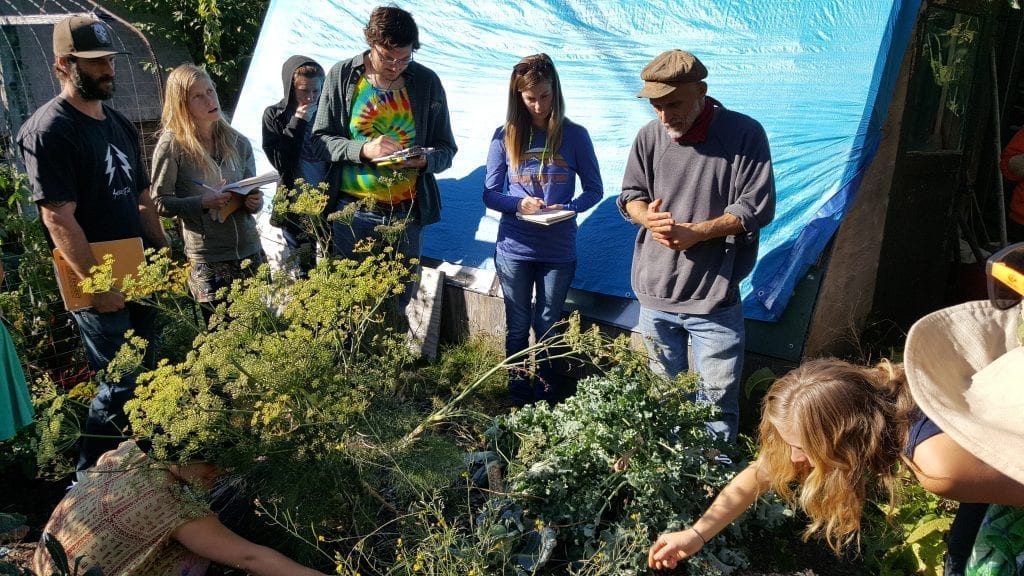
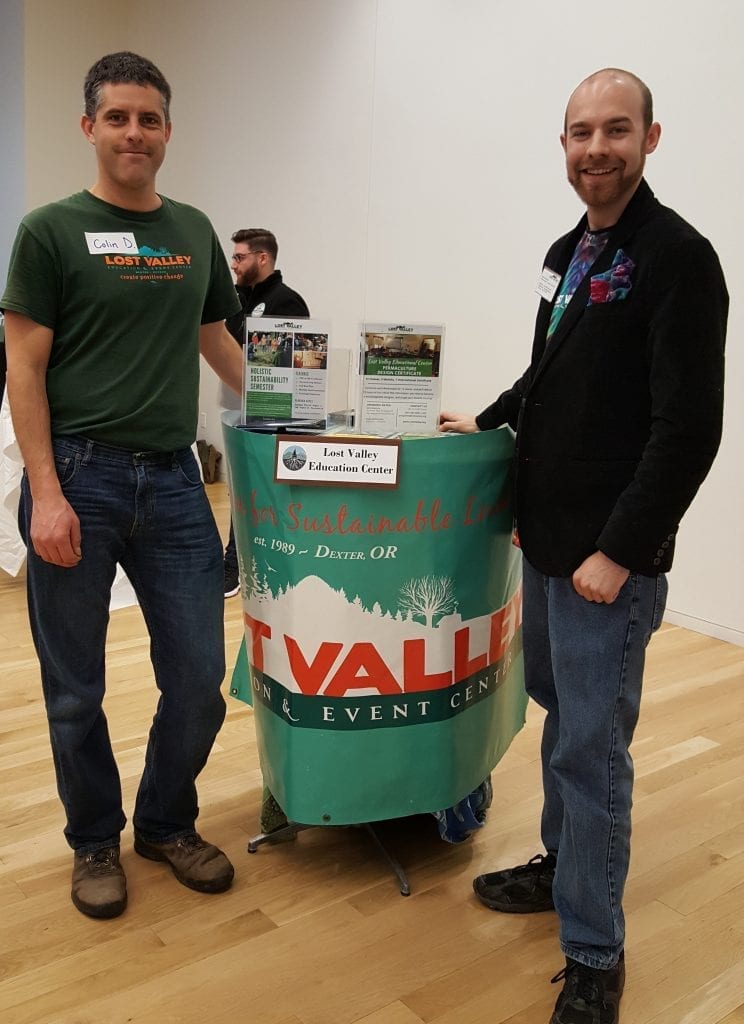
Living Off the Beaten Path
Lost Valley isn’t just an educational center—it’s a living experiment. Spread across 87 acres of Oregon forest and meadow, the campus includes hand-built cob and strawbale structures, composting toilets, solar showers, food gardens, common areas, and dozens of trails weaving through Douglas fir and oak woodlands on the property.
I lived in a cozy 2-story dorm shared with my student cohort, which was one of many community buildings left over from the old headquarters of the Shiloh Youth Revival Centers. Mornings often began with the sound of birds or the gentle awakening of students for class or for lunch prep in the communal kitchen. You’d start the day strolling the paths to the main community areas, sometimes barefoot with coffee or tea in hand, greeting community members picking fruit or practicing their yoga poses.
Everything about Lost Valley felt like a return to basics: growing food, conserving water, fixing instead of replacing, and practicing the lost art of face-to-face connection. Technology took a back seat or was left in the room. Simplicity—sometimes joyful, sometimes frustrating—was front and center with everything we did.
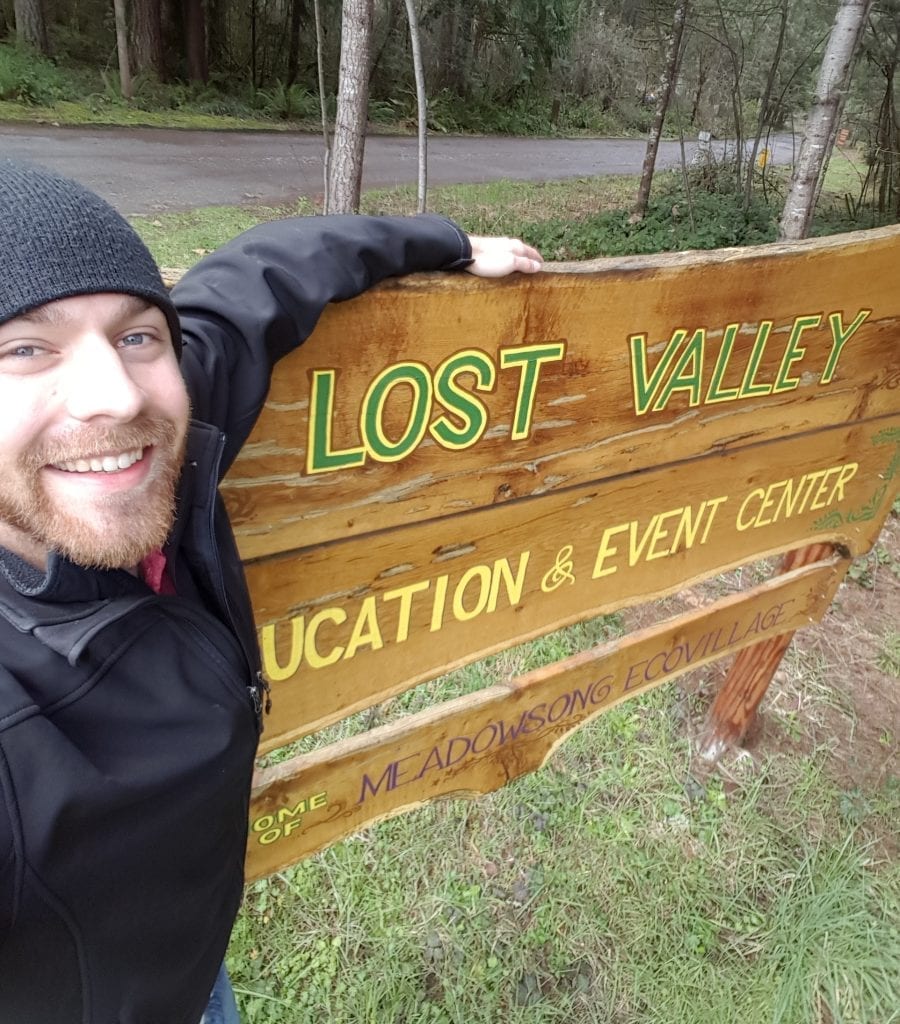
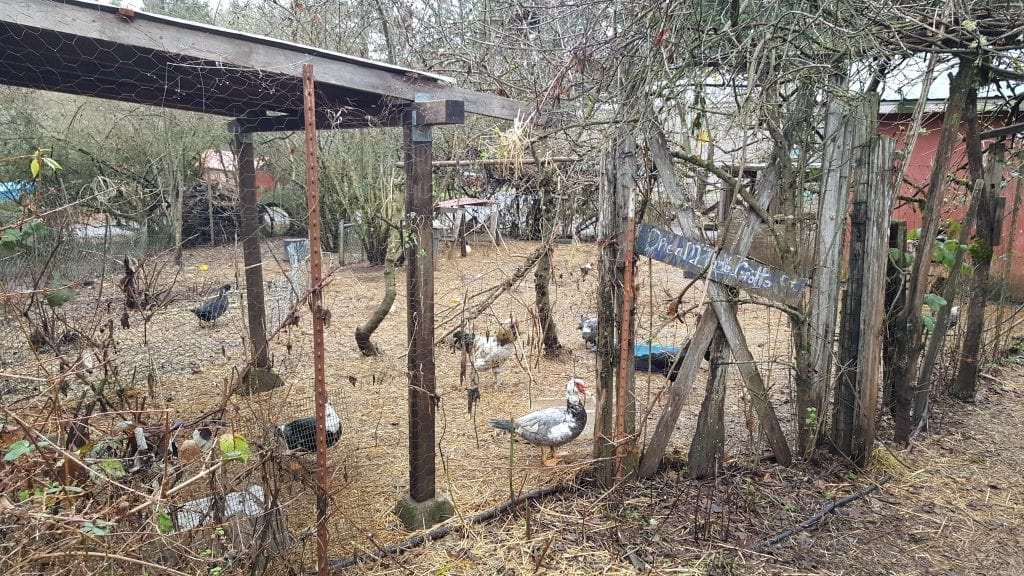
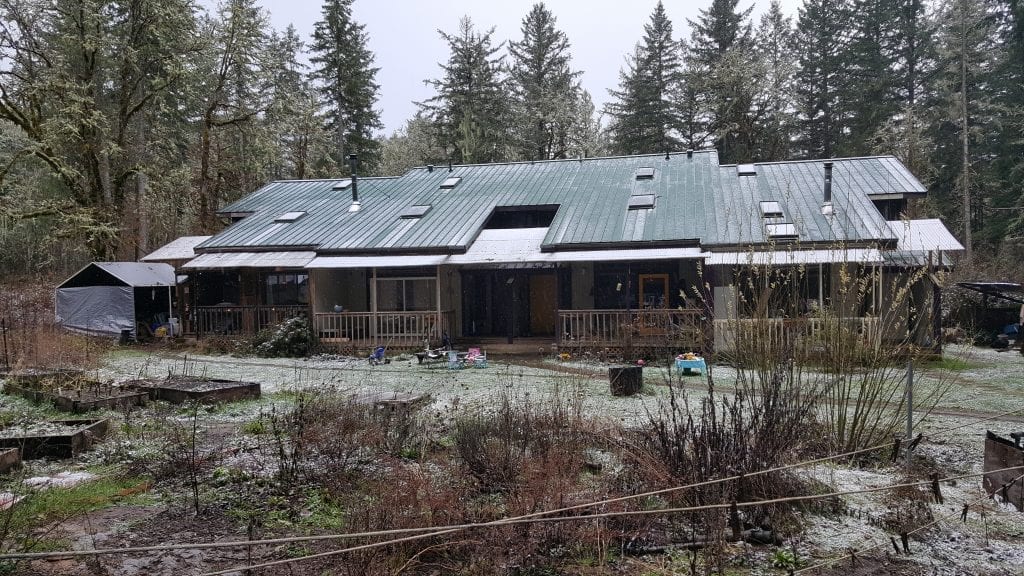
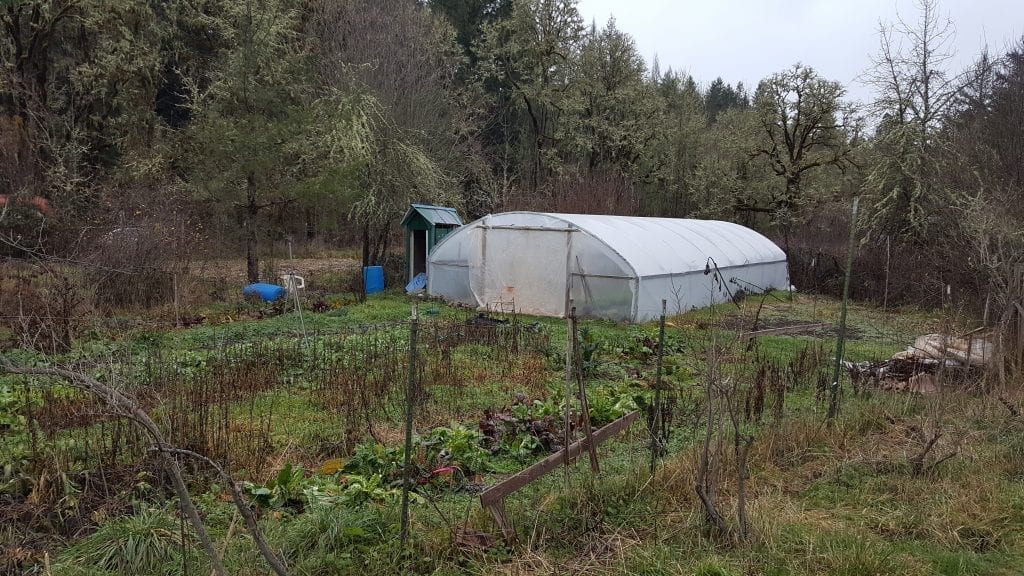
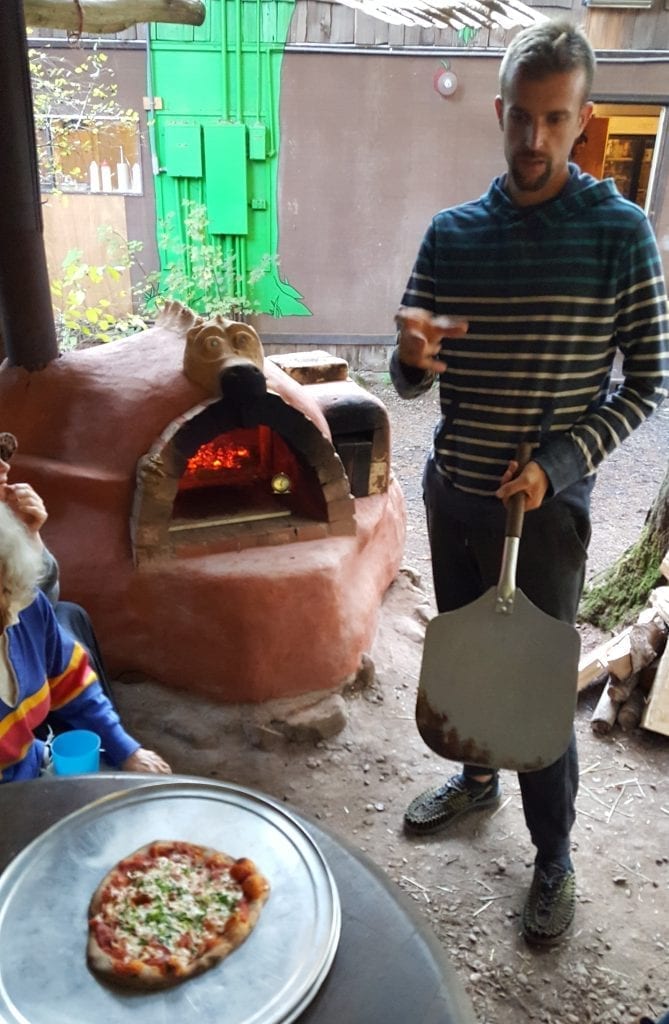
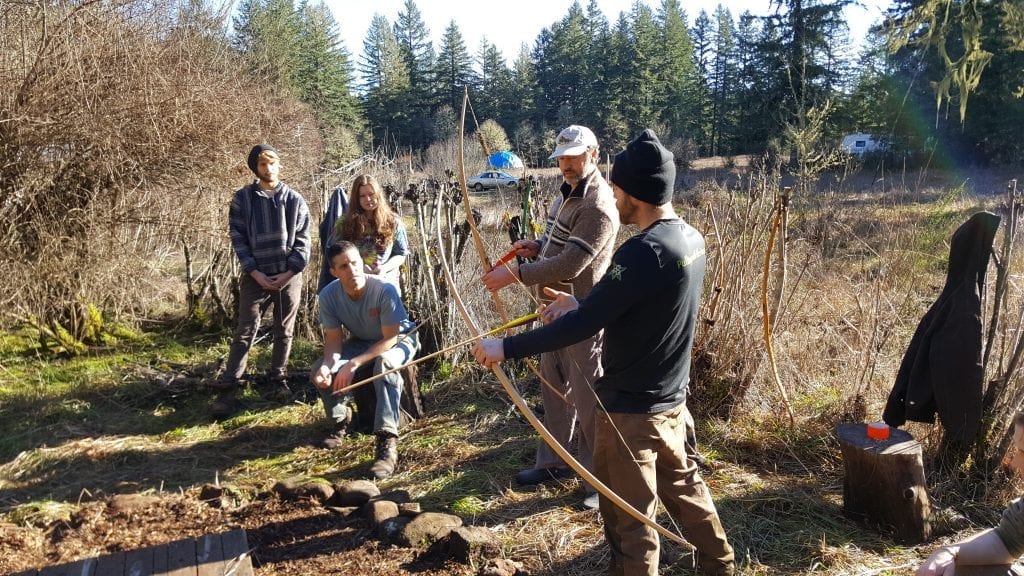
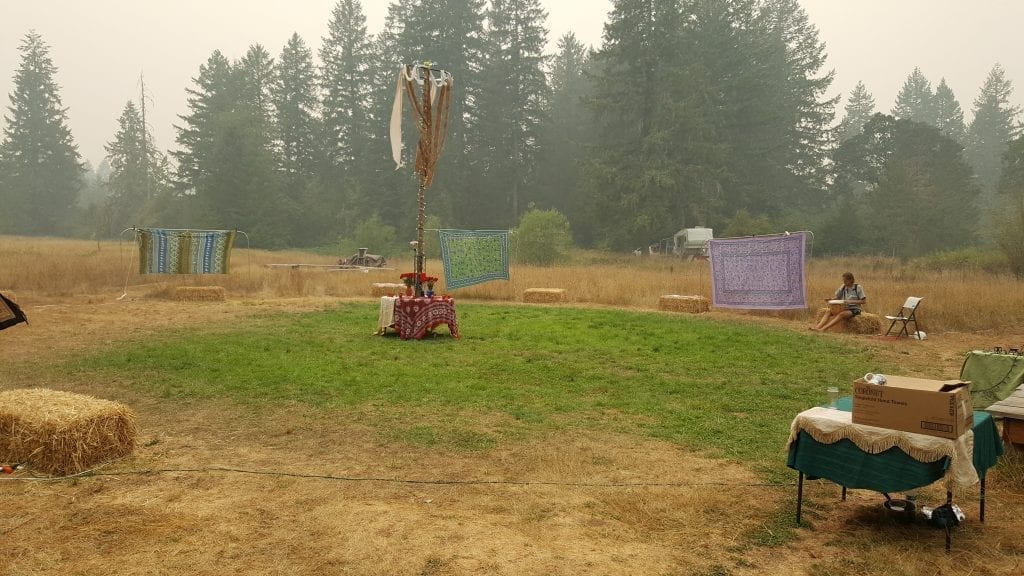
The Curriculum: Permaculture Meets Daily Practice
The educational program was split between theory and practice. The Permaculture Design Certificate (PDC) covered topics like:
- Soil regeneration and compost science
- Water harvesting, swales, and greywater systems
- Food forests, companion planting, and guilds
- Renewable energy basics
- Natural building techniques
But beyond the nuts and bolts of land-based design, the Ecovillage Design Immersion added a social layer. We learned about:
- Group governance models like sociocracy and consensus
- Conflict resolution through Nonviolent Communication
- Facilitation skills and meeting dynamics
- Inner sustainability—aka how to not burn out
- “Invisible structures” like culture, power, equity, and narrative
These weren’t abstract concepts—we lived them. One day we’d be digging a swale in the agroforestry gardens, the next we’d be mediating a group facilitation exercise. The learning was embodied, sometimes awkward, always instructive and insightful.
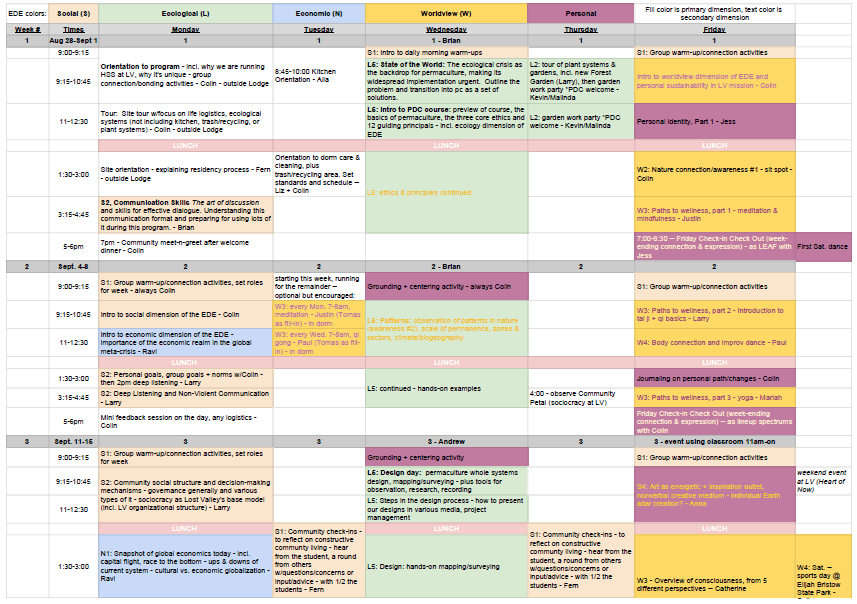
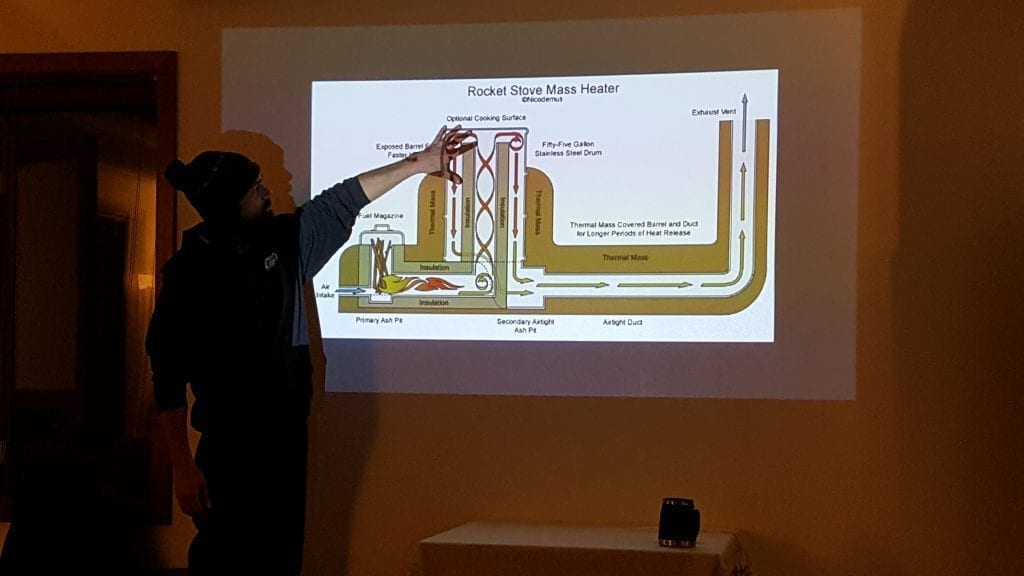
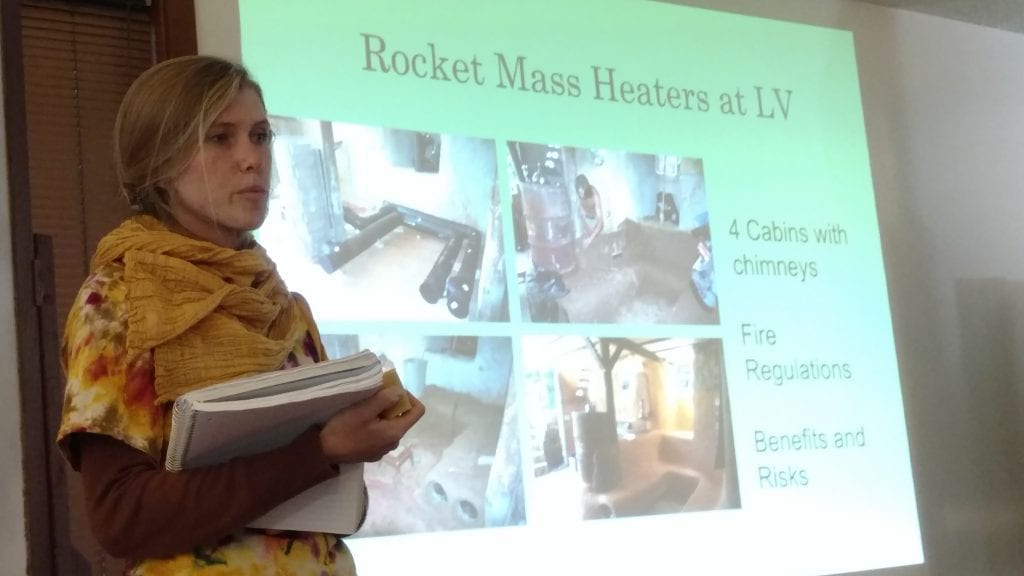
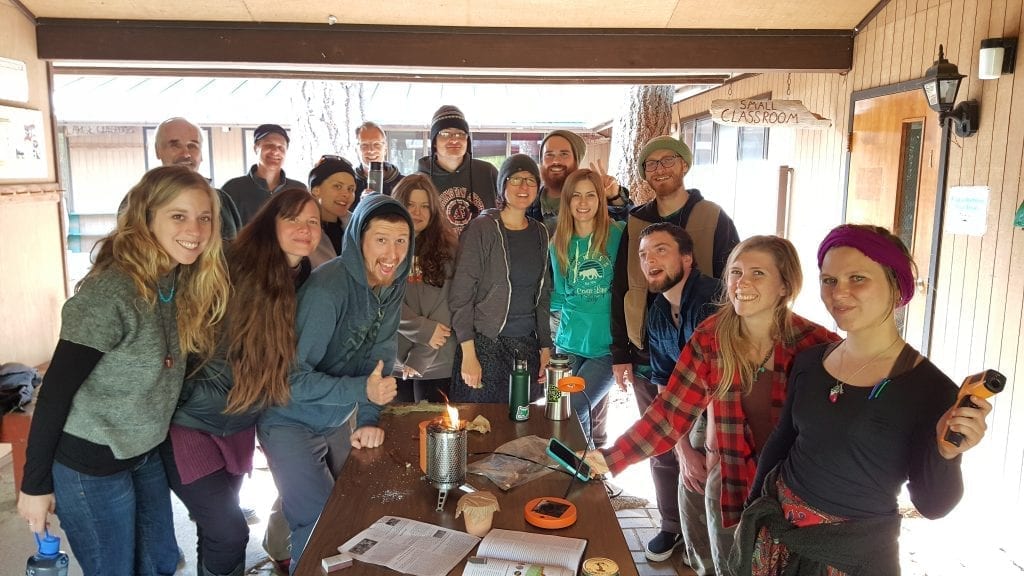
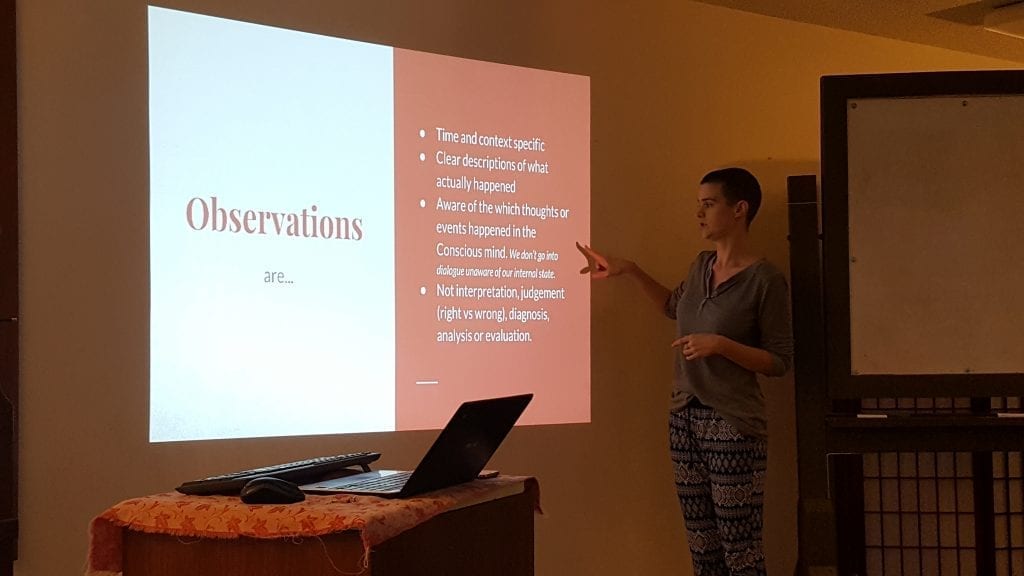
Community Life: Messy, Magical, and Incredibly Human
Living in intentional community means sharing more than chores. You share space, stories, disagreements, victories, meals, and emotional labor.
Our cohort was a patchwork of personalities: back-to-the-land dreamers, a fresh college grad, an herbalist, a software engineer on sabbatical, long-time ecovillage residents, and everything in between. Some days felt idyllic—baking sourdough in the cob oven, dancing under the stars, deep conversations around a bonfire. Other days brought friction—miscommunications, ideological clashes, or the exhaustion of living together in close quarters.
But that’s the magic of it: community life isn’t about harmony. It’s about relationships. It’s about choosing again and again to show up authentically, even when it’s hard. Lost Valley taught me how to listen better, speak more clearly, and take responsibility for how I impact the people around me.
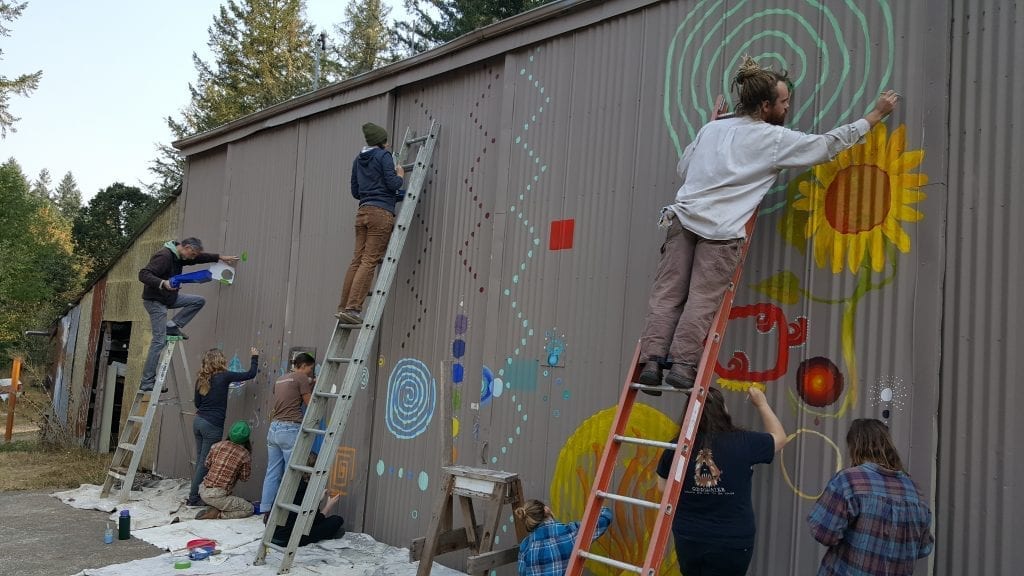
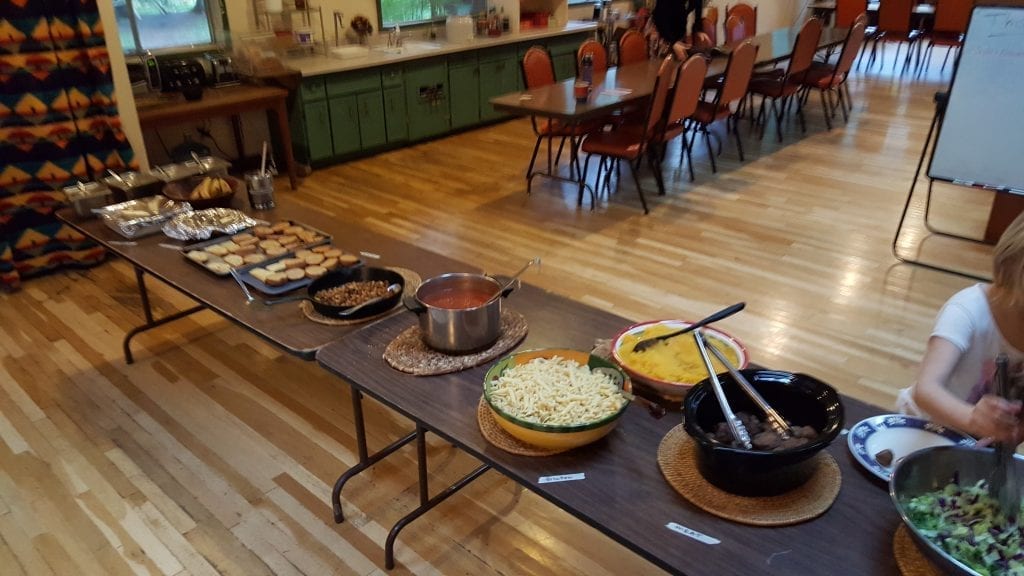
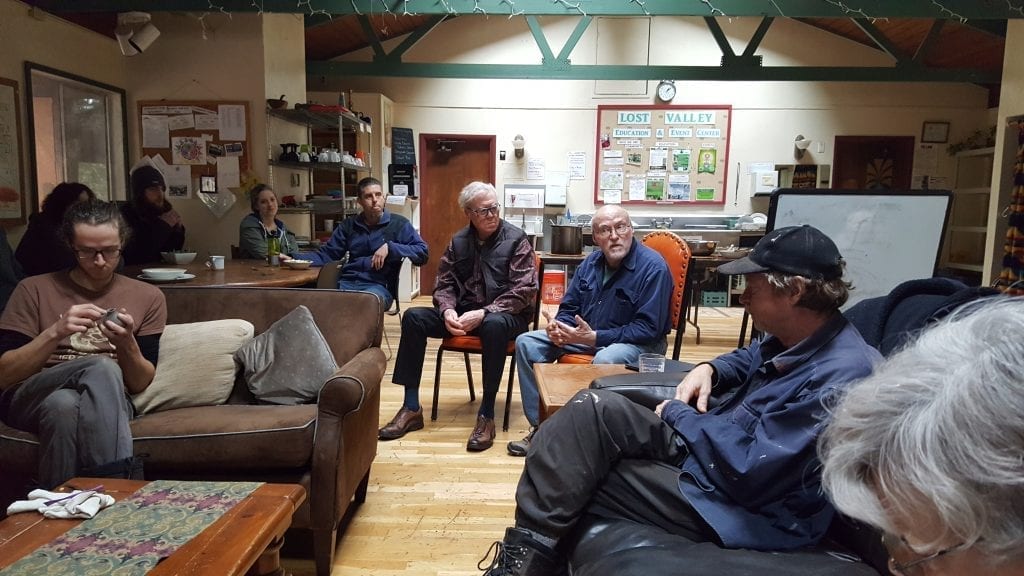
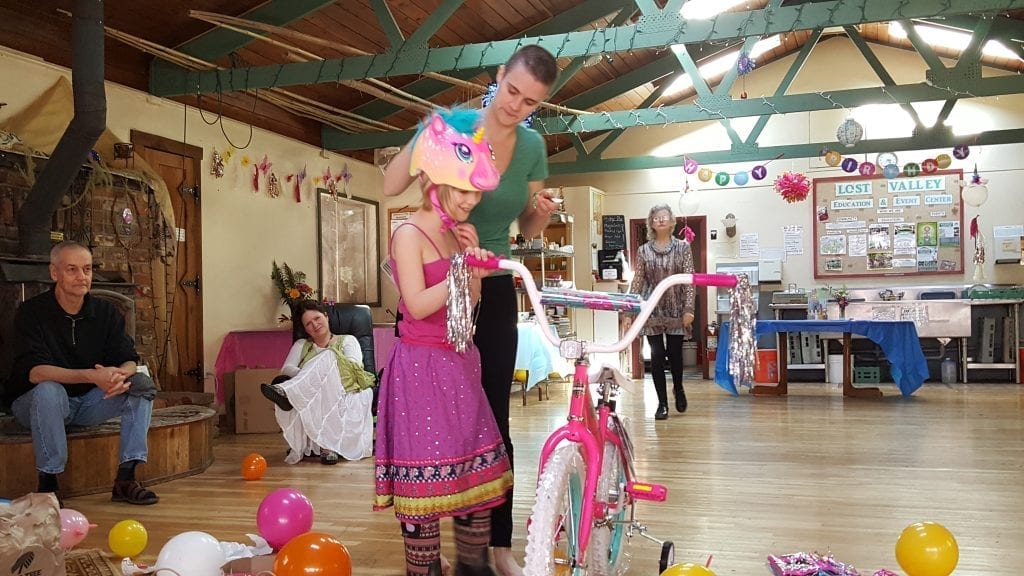

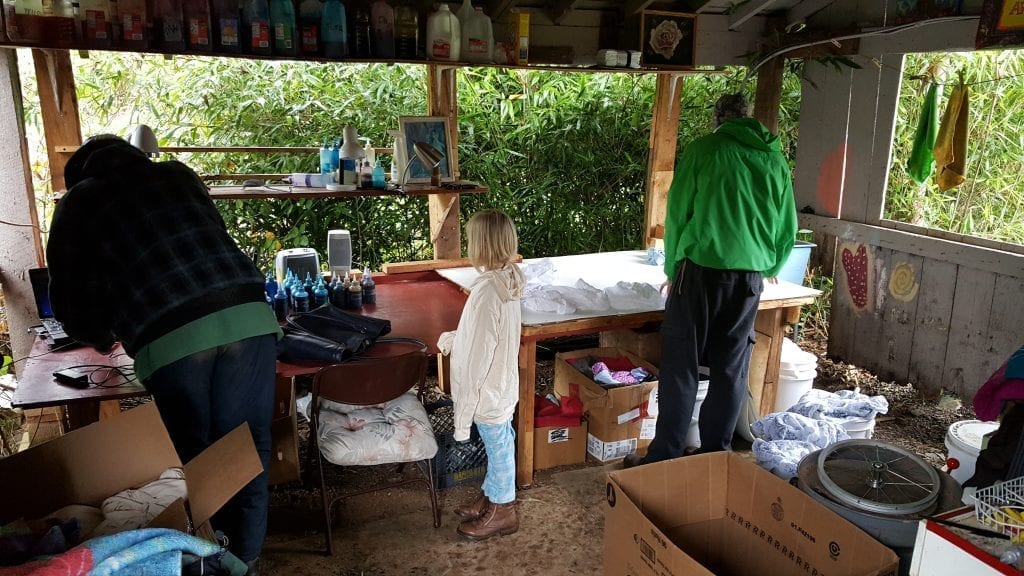
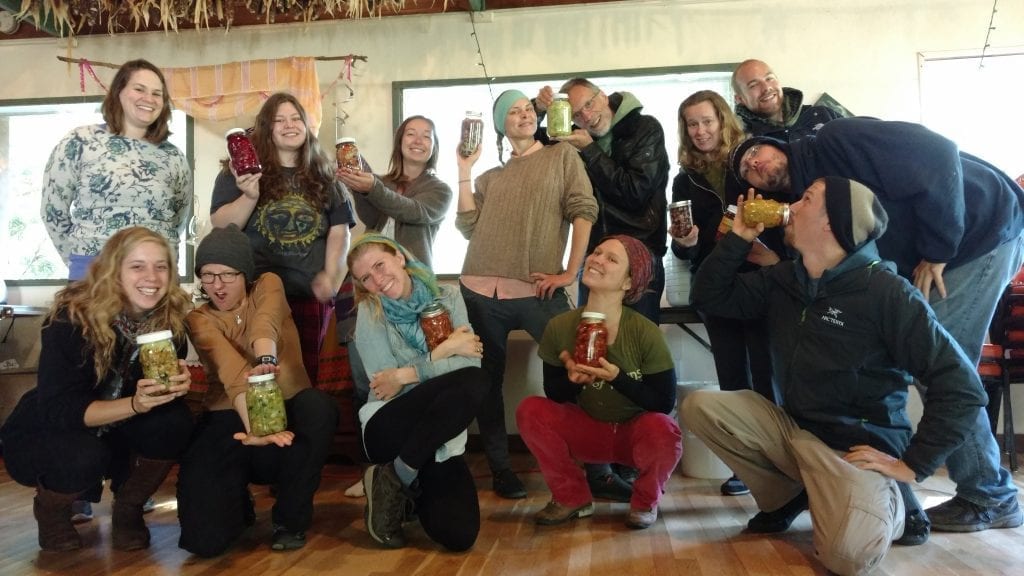
Adventures Beyond the Village
Though most of our days were rooted in the land, we also ventured out. Our field trips included:
- Local permaculture farms and homesteads
- Earthship-inspired natural homes
- Sustainability nonprofits in Eugene
- Community-supported waste centers
- Farmers markets and local eco-events
These excursions reminded us that sustainability wasn’t just a concept—it was a movement. We saw our classroom lessons applied in real-world contexts and met changemakers turning theory into action. They reminded us we weren’t alone in our efforts to create a more regenerative culture.
Even simple activities—like journaling beside the creek or stargazing in the meadow—reinforced the course’s biggest lesson: life can feel abundant without being excessive.
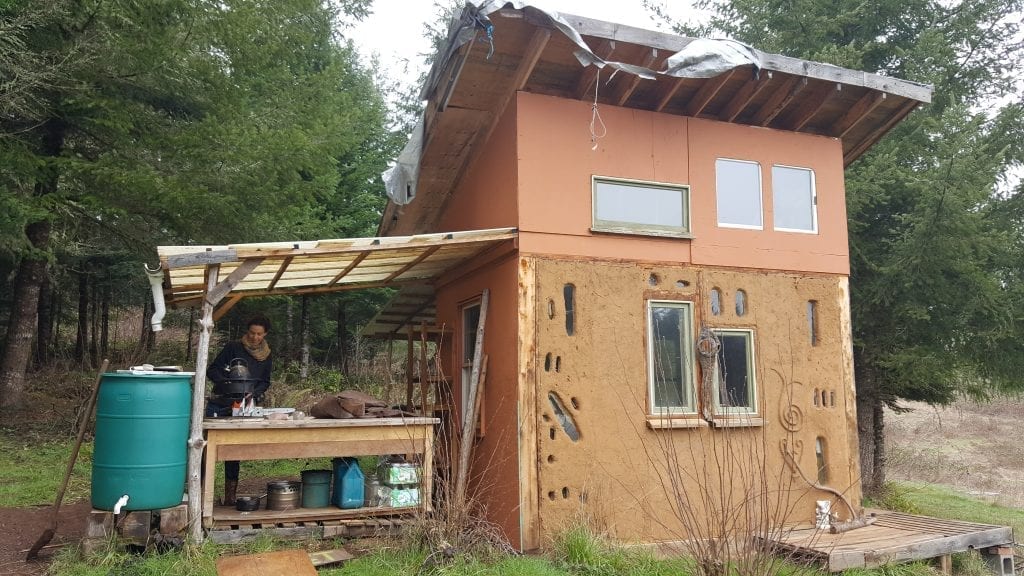
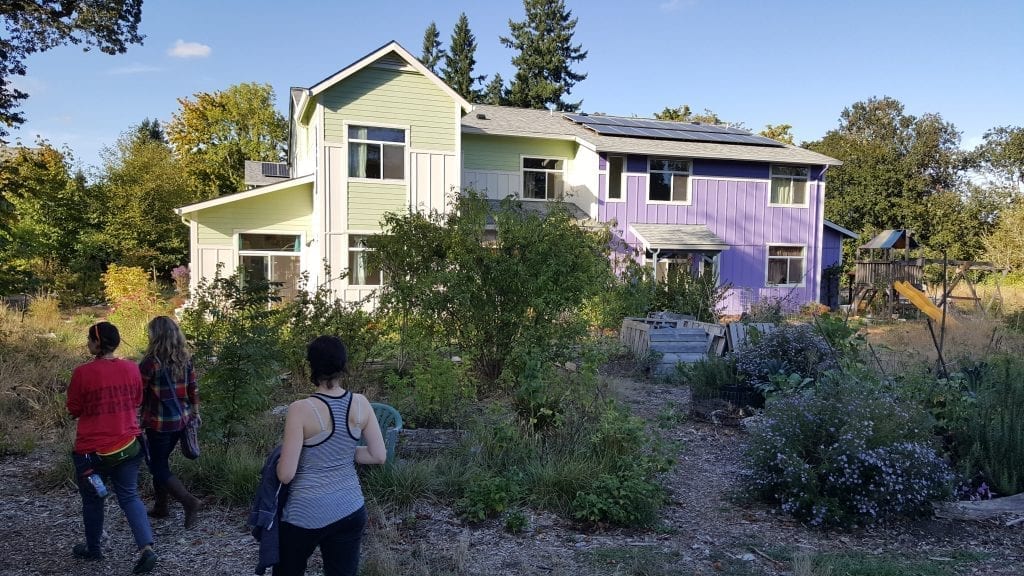
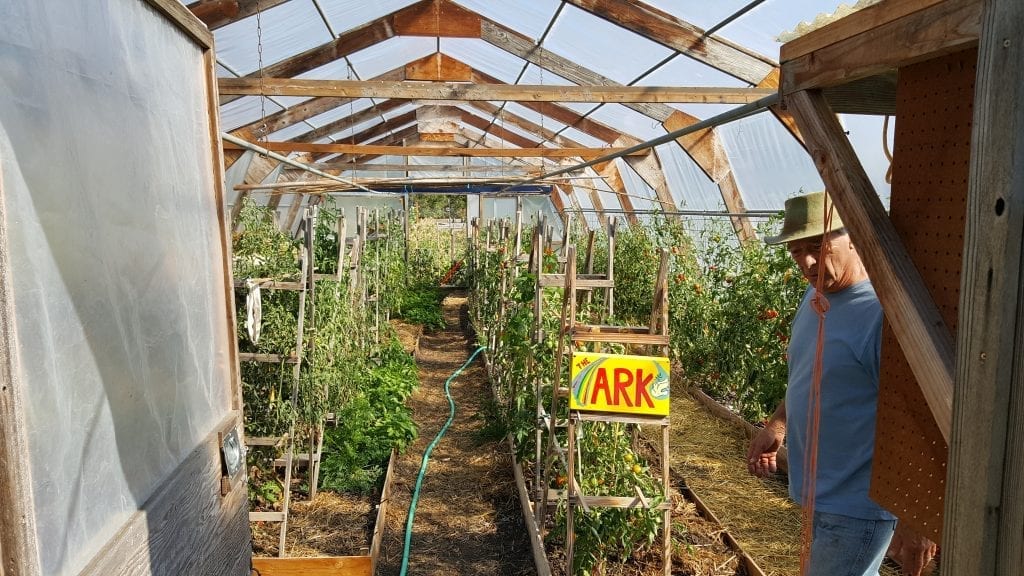
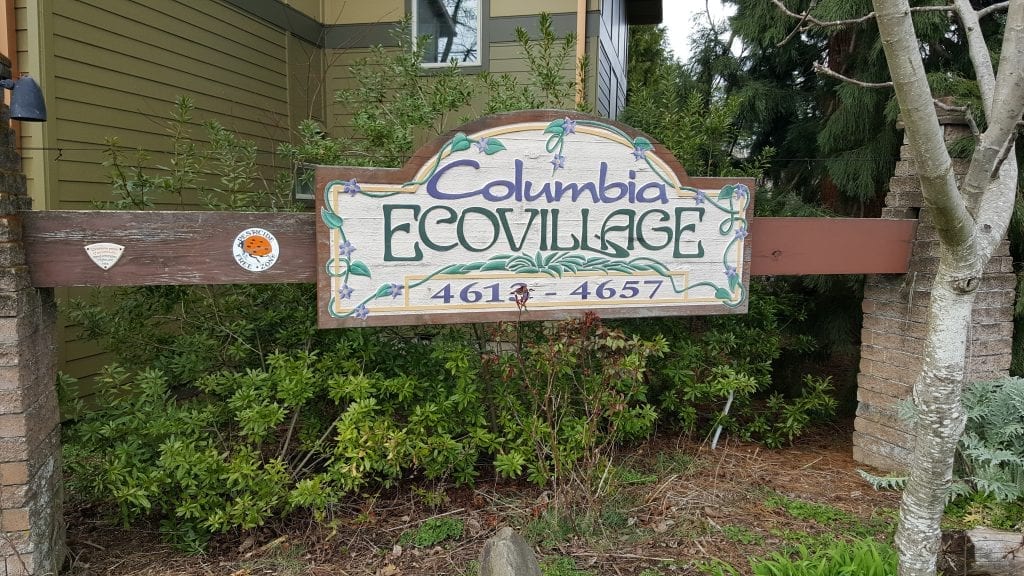
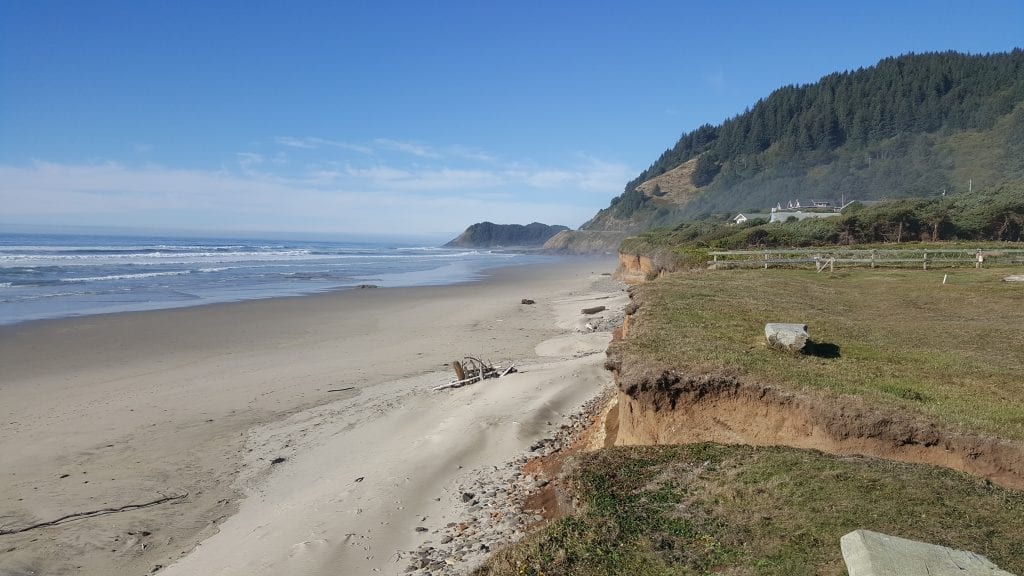
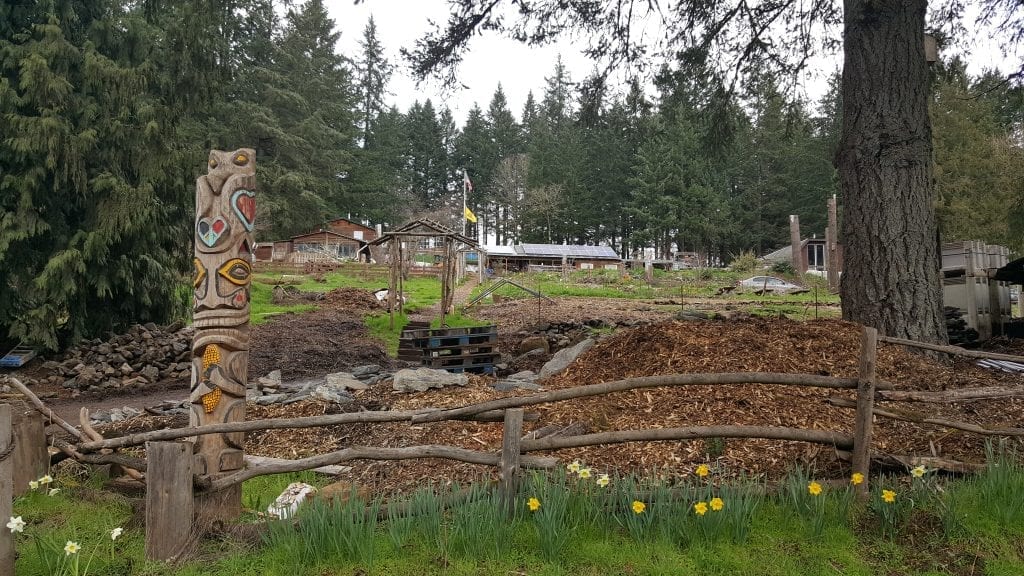
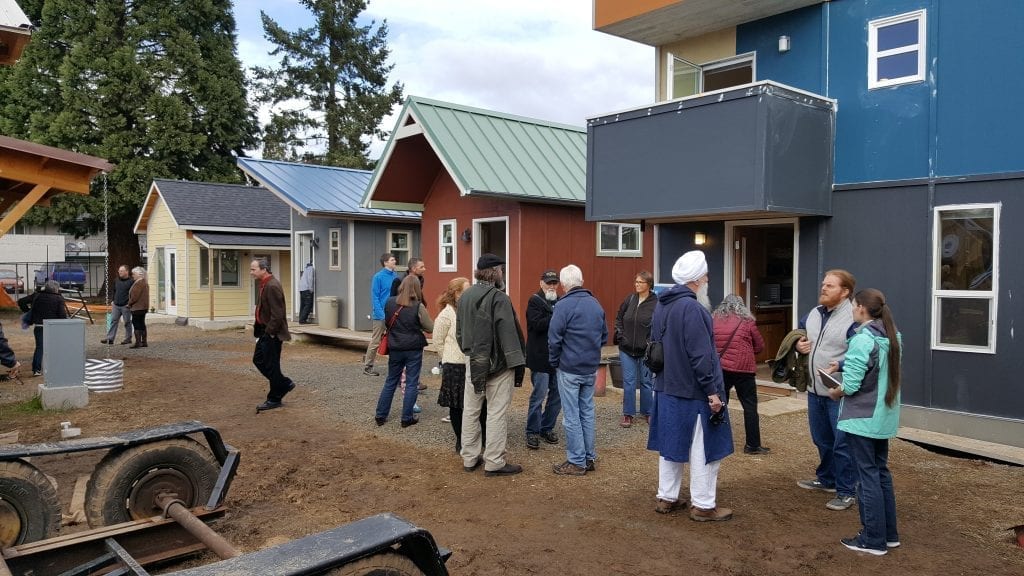
More Than Just Certifications
Sure, I earned a permaculture design and an ecovillage design certificate—but the biggest takeaway wasn’t something I could hang on a wall. It was internal and has shaped my current personal and professional journey.
Living at Lost Valley helped me see systems differently. I noticed the patterns in nature—and the patterns in people. I started asking better questions about energy, relationships, consumption, and equity. I learned how to design integrated plant and animal rotational gardens and how to de-escalate a heated conversation through nonviolent communication.
We explored ideological topics like “decolonizing agriculture” and examined the roots of sustainability as a predominantly white, Western movement. We examined climate justice, trauma-informed facilitation, and how to build community that’s resilient not just ecologically, but socially and emotionally, too.
It wasn’t perfect. But it was earnest. And it changed me.

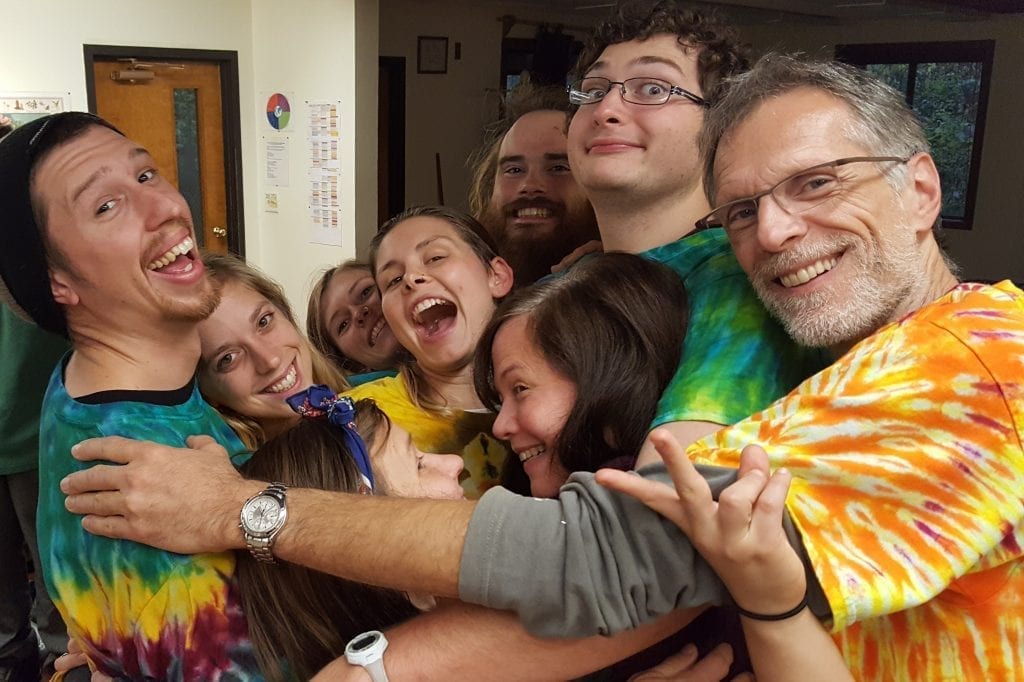



So… Was It Really Just a Bunch of Hippies in the Woods?
Yes and no.
There were dreadlocks, drum circles, and compost toilets. There were crystals, solar panels, and herbal tinctures. There were heated debates about society, wild laughter at talent shows, and quiet tears from growth shared on cabin porches.
But most importantly, there was intention—and that’s what makes Lost Valley special. It’s not just about opting out of modern society. It’s about actively building something different: a culture of care, resilience, and regeneration.
Living there taught me that sustainability isn’t a product—it’s a practice. A daily one. Messy, beautiful, and deeply human.









Final Reflections
I entered Lost Valley as a curious outsider. I left with dirt under my nails, new skills in my hands, and an open heart.
Was it utopia? No. Was it transformative? Absolutely.
And while I didn’t move into an ecovillage full-time afterward, I did bring its values with me back to Texas: live simply, collaborate deeply, care for the land, and tend to your people. I try to carry those lessons everywhere I go—and I’ll always be grateful for the season I spent in the woods learning how to live a little more wildly, wisely, and intentionally.
*Content was generated with AI based on my notes and direction, then edited and refined by me for accuracy.
Previous Lost Valley Blog Posts
- Lost Valley Week 1 – Move-in and Introductions
- Lost Valley Week 1 – Orientation and Classes
- Lost Valley Week 2 – NVC and Energy
- Lost Valley Week 3 – A-Frames and Artwork
- Lost Valley Week 4 – Cob and Ceremony
- Lost Valley Week 5 – Tree Day and Adventures Offsite
- Lost Valley Week 6 – Homesteading Skills and Dharmalya
- Lost Valley Week 7 – One Planet Life and Forgiveness
- Lost Valley Week 8 – Appropriate Technology and Leadership
- Lost Valley Week 9 – Water Day and Feelings Friday
- Lost Valley Week 10 – Pizza and Field Trip Day
- Lost Valley Week 11 – Social/Econ Projects and Art Barn Loft
- Lost Valley Week 12 – PDC Presentations and Last Days

